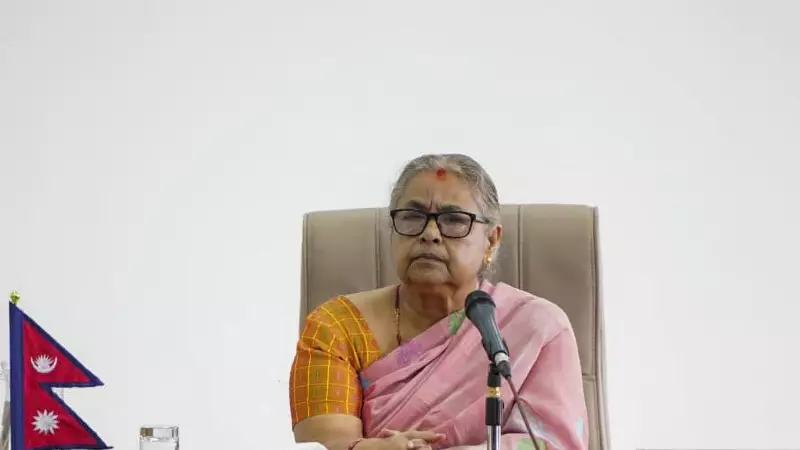
Conducting elections in Nepal represents one of the most complex democratic exercises in South Asia, presenting challenges that test the nation's institutional capabilities and financial resources. The upcoming electoral cycle brings these difficulties into sharp focus, raising critical questions about Nepal's democratic resilience.
The Geographical Conundrum
Nepal's formidable terrain creates natural obstacles that would daunt even the most experienced election administrators. With remote villages accessible only by days of walking and mountainous regions where helicopters become essential transportation, the logistics of delivering ballot boxes and election materials become a monumental task. The Election Commission must navigate these physical barriers while ensuring every citizen's constitutional right to vote.
Financial Strain on Democratic Processes
The economic burden of conducting elections in such challenging conditions cannot be overstated. Each electoral exercise drains substantial resources from a nation where economic stability remains elusive. The costs extend beyond simple logistics to include security arrangements, voter education campaigns, and the massive temporary workforce required to manage polling stations across the country's diverse landscape.
Constitutional Ambiguities and Political Instability
Nepal's frequent constitutional changes and political realignments create additional layers of complexity. The transition from monarchy to federal republic has left lingering questions about electoral boundaries, representation formulas, and power-sharing arrangements between different levels of government. These constitutional uncertainties compound the practical difficulties of organizing nationwide polls.
The Human Element in Election Management
Behind the logistical and financial challenges lies the human dimension. Election officials, security personnel, and volunteers work under extreme conditions to ensure democratic processes reach every corner of the nation. Their dedication often goes unrecognized, yet they form the backbone of Nepal's electoral integrity, battling weather, terrain, and sometimes political pressure to deliver free and fair elections.
The Way Forward for Nepali Democracy
Despite these multifaceted challenges, Nepal continues its democratic journey. The solutions may lie in innovative approaches—leveraging technology where possible, building permanent infrastructure in remote areas, and developing sustainable funding models for electoral exercises. Most importantly, maintaining political consensus on the fundamental importance of regular, credible elections remains crucial for Nepal's democratic future.
As Nepal prepares for its next electoral test, the world watches how this young republic navigates the intersection of ancient geography and modern democracy. The success or failure of these efforts will resonate far beyond Nepal's borders, offering lessons for democracies everywhere facing their own unique challenges.





